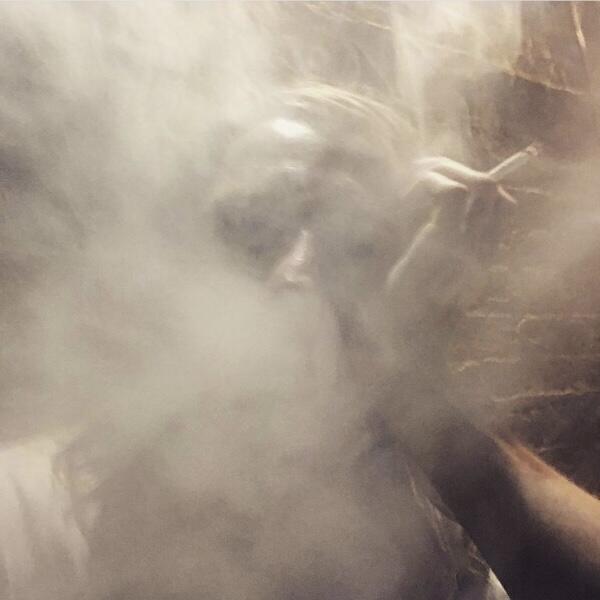
1. How did you start working on Osvaldo Lamborghini’s poetry? What drew you to it?
I’ve been translating Osvaldo Lamborghini since the day I first attempted to read him, which was sometime in 2014. My interest in his work was already several years old, mostly because of its reputation for linguistic excess, psychotic levels of sexual violence and punishing difficulty, none of which I was prepared for. A well-known novelist once called Lamborghini’s work “excruciating” and claimed he couldn’t read more than two or three pages at a time. I’ve always found this heartening, since my earliest attempt to read it only lasted two pages. The language was disorientingly weird, not only because of the slang and relentless verbal experimentation but also the most commonplace words which—simply by virtue of being Lamborghini’s—had become as impenetrable as hieroglyphs. I translated those two pages immediately, hoping I could figure out enough of the language to justify moving onto page three.
After a while I learned how to read more than two pages in a sitting, but I’d still translate passages from time to time as a form of close reading. Two years ago I began to take the idea more seriously. I contacted KM, who was responsible for introducing me to Lamborghini and already had experience translating him, and we decided to collaborate.
2. What are some of the main challenges you’ve encountered in translating this work?
All of it is a challenge, honestly, and so much has to be accounted for just to capture a fraction of the effect of any given line. There’s the formal sophistication that is, to the core, classically baroque. There’s the trinity of Marx-Lacan-Sade, which is central to his poetic vision. There’s the profound transsexuality.
Lamborghini’s reputation for “untranslatability” is no joke. Anything that doesn’t pose an obvious challenge is suspect and usually means I’ve missed some crucial detail. Translating him feels like a reductio ad absurdum of every problem inherent to the translation process itself. It can be a translator’s dream or worst nightmare, depending on what you’re into.
3. What are you reading right now?
I’m in the middle of a thorough rereading of Marquis de Sade. I’m also reading Dick Wick Hall, a long forgotten American humorist from the 1920s, who spent his life in the same godforsaken part of western Arizona that my family is from.
poesía en acción | “Today, to have relations: and what it’s like” by Osvaldo Lamborghini and translators KM Cascia and Garrett Phelps

Garrett Phelps was born in Phoenix, Arizona in 1990. His translations, poems and literary criticism have appeared in The Brooklyn Rail, Paintbucket and Asymptote, where he formerly served as Poetry Editor. He lives in Brooklyn.
Poesía en acción is an Action Books blog feature for Latin American and Spanish poetry in translation and the translator micro-interview series. It was created by Katherine M. Hedeen and is currently curated and edited by Olivia Lott with web editing by Paul Cunningham.